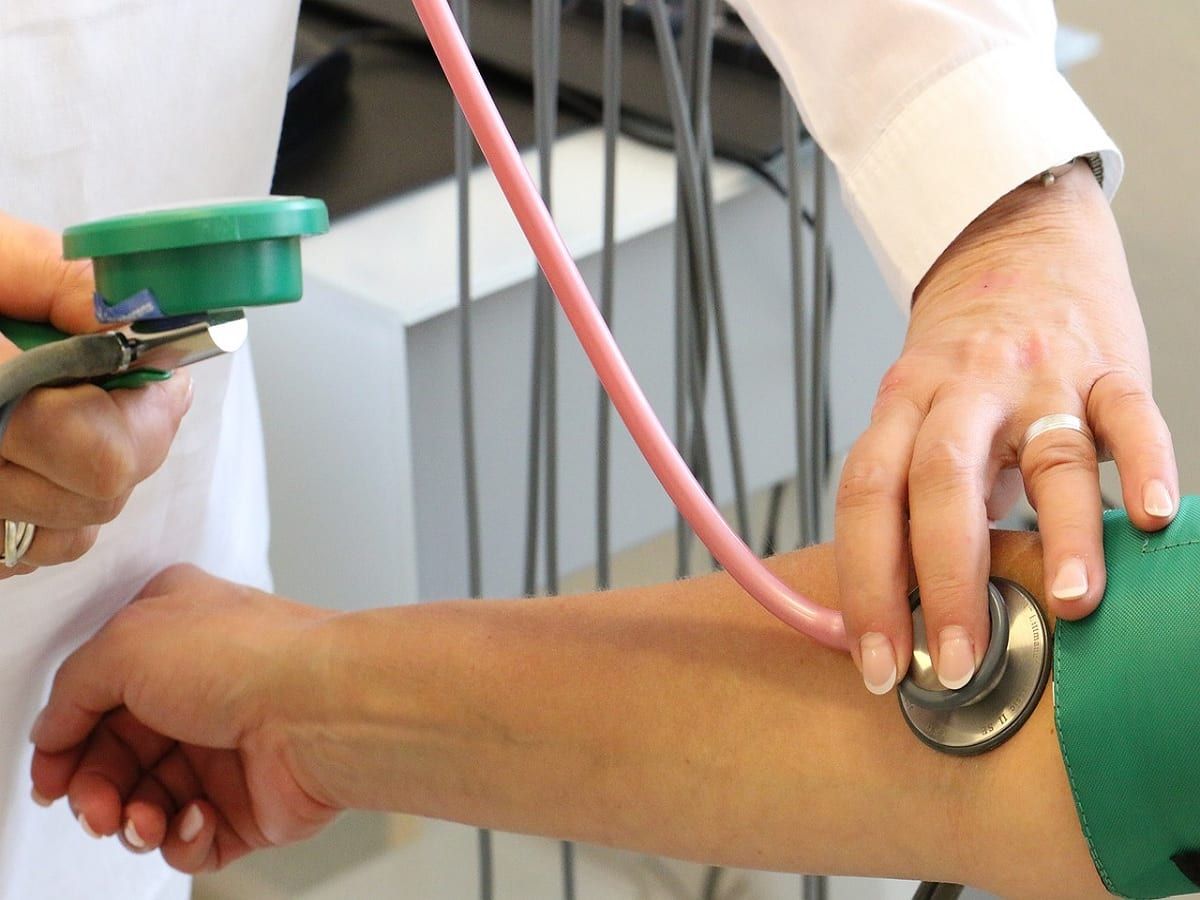Regular health check-ups are an essential aspect of maintaining overall well-being and preventing potential health issues. These check-ups involve visiting a healthcare professional, such as a doctor or a nurse, to assess a person’s general health status. Through routine screenings, examinations, and tests, individuals can take proactive measures to ensure early detection and prompt treatment of any existing or potential health problems.
Early Detection of Health Issues
One of the primary purposes of regular health check-ups is to identify any underlying health concerns at an early stage. Many health conditions, such as certain cancers or chronic diseases, do not show noticeable symptoms in their initial stages. Regular screenings and tests, including blood work, imaging scans, and physical examinations, can aid in the early detection of these conditions. Early detection significantly increases the chances of successful treatment and reduces the risk of complications.
Preventive Care and Disease Prevention
Another significant advantage of regular health check-ups is preventive care. Healthcare professionals can provide guidance on maintaining a healthy lifestyle, including advice on maintaining a balanced diet, engaging in regular physical activity, and avoiding harmful habits. Additionally, they can administer vaccinations, conduct screenings for specific diseases, and recommend appropriate preventive measures. By actively participating in regular health check-ups, individuals can take proactive steps towards preventing future illnesses and ensuring their long-term well-being.
Monitoring Existing Health Conditions
For individuals with pre-existing health conditions, regular check-ups are even more crucial. These appointments allow healthcare providers to monitor the progression of the condition, assess the effectiveness of current treatment plans, and make any necessary adjustments. Monitoring existing health conditions helps individuals stay on top of their health and ensures that their treatment is optimized for their specific needs.
Health and Well-being Assessment
Regular health check-ups also serve as a comprehensive assessment of an individual’s overall health and well-being. Healthcare professionals evaluate various aspects of an individual’s health, such as blood pressure, cholesterol levels, body mass index (BMI), and organ function. These assessments help identify potential risk factors and provide a comprehensive overview of an individual’s health status. They can also serve as a baseline for future comparisons and allow for early intervention if any abnormalities are detected.
Health Education and Empowerment
Regular health check-ups offer an opportunity for individuals to engage in discussions with healthcare professionals regarding their health concerns, questions, or doubts. This enables healthcare providers to educate patients about various health issues, symptoms to watch out for, and steps to maintain good health. Empowering individuals with knowledge about their own health helps them make informed decisions when it comes to lifestyle, treatment options, and health-related choices.
Mental Health Evaluation
While physical health is a vital component, regular health check-ups also provide an opportunity to address mental health. Mental health conditions, such as anxiety or depression, often go undetected due to lack of noticeable symptoms or stigma associated with seeking help. By including mental health assessments as part of routine check-ups, individuals can receive appropriate support, counseling, or referrals to mental health professionals if necessary.
Conclusion
Regular health check-ups are not merely a formality but an essential aspect of maintaining good health. Through early detection of health issues, preventive care, monitoring existing conditions, health assessments, education, and evaluating mental health, individuals can take charge of their well-being. By prioritizing regular check-ups, individuals can stay proactive, prevent potential health problems, and lead healthier, happier lives.

